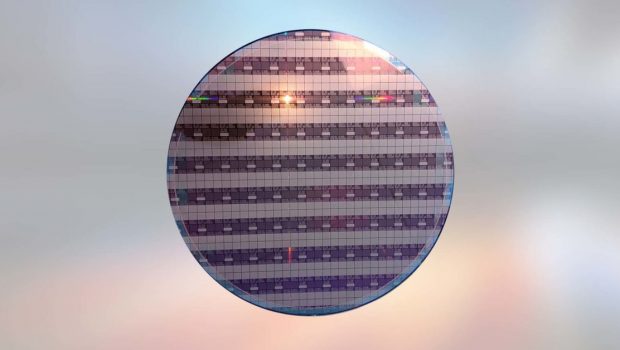Computer chip manufacturing is an investment in Europe’s technology leadership – POLITICO
https://www.ispeech.org/text.to.speech
Intel has ambitious plans to build at least two new leading-edge computer chip factories in Europe with plans for future investments that could reach €80 billion over the next decade. Known as fabs, our new factories will create thousands of additional construction and technical jobs. But the benefits won’t stop there. Expanded innovative semiconductor capabilities will support an EU-wide industry ecosystem, help empower Europe’s economy and be a cornerstone for Europe’s future as a global technology powerhouse.
Often, near-term goals obscure the bigger picture. An investment of this scale and ambition isn’t about the next two, five or even 10 years. It is about the coming decades. We share the view of leaders and economists in Europe who see Intel’s proposed investments as a significant moment for Europe as a whole. This project requires stamina, vision and political support — but the stakes could not be higher.
Expanding advanced semiconductor capabilities today offers Europe its best chance to reduce its dependency on imports from Asia and elsewhere and re-establish itself as a major producer of computer chips. This would supercharge Europe’s digital ambitions in quantum computing, cloud, AI, communications infrastructure and autonomous driving, as no technology innovation today happens without a chip at its heart.
In addition to securing a leadership path for all future technological advancements, advanced chipmaking will strengthen Europe’s broad technology ecosystem. Intel’s fabs depend on equipment made by leading European companies. ASML, from the Netherlands, and Germany’s Zeiss are perhaps the best known, but there is a long list of companies across Europe producing robotics, components and optical equipment that we will need. In the past two years alone, Intel has spent €10 billion with EU suppliers. An expanded presence will significantly increase our need for more and diverse European suppliers and help to underwrite their technological progress.
Intel’s factories will accelerate Europe’s broader chip design ecosystem.
Intel’s factories will accelerate Europe’s broader chip design ecosystem. Intel Foundry Services will work with European companies to help them make their own chips in our facilities, providing access to resources and design teams based in Europe who can help them bring their innovative designs to life.
By the end of 2021, Intel will have invested more than Є18.5 billion in its Ireland operations since it began in 1989. Yet over the same period of time, Europe’s global share of semiconductor manufacturing has dropped from 44 to just 9 percent even as semiconductor demand continues to grow.
Building additional advanced semiconductor factories in the EU and expanding its capacity will make European supply chains more resilient and contribute to the EU’s goal of more than doubling its share of global chip manufacturing, from 9 to 20 percent by 2030. This could also enable Europe to serve global technology markets by turning chips into a valuable export.
All of this will require a robust and deep engineering and technical workforce, driving the need for thousands more engineers and technical workers from across the EU. Wherever semiconductor technology clusters have grown, so has the pool of innovators, entrepreneurs and visionaries that have then gone on to build new companies powering brighter, greener digital futures.
This demand for technical workers will stimulate education programs and research across the continent, spurring innovation in domains essential to Europe’s future success.
This demand for technical workers will stimulate education programs and research across the continent, spurring innovation in domains essential to Europe’s future success from advanced communications to artificial intelligence to autonomous driving. Given the scale of investment and risk involved for next generation semiconductor plants, critical government support is provided wherever they are built across the world. But the resulting benefits last decades.
The EU is a crucial market, and it should be a force in advanced computer chip design and manufacturing. For Intel, it makes good sense to increase our investment here both from a commercial point of view, and also because of the benefits of being near our European research partners, like IMEC in Belgium, Fraunhofer in Germany and CEA-Leti in France, and some of the world’s most innovative leaders in automotive, telecommunication and renewables technology. In fact, earlier this year, IMEC and Intel researchers realized a breakthrough with a demonstration of a spintronic logic device that uses much less power with better functionality than current computing devices. These partnerships with some of the world’s best and brightest semiconductor research teams pave the way for a sustainable and innovative future.
As we look toward that future, the critical need for more geographically-balanced silicon capacity and a reliable supply chain has never been more evident. We’re doing our part as we plan for new investments that will deepen and strengthen collaboration with Europe’s technology leaders. These plans will help the EU to catalyze its digital ambitions and grow a robust semiconductor ecosystem that can become a strong foundation for decades of technological leadership and prosperity.








Gloss